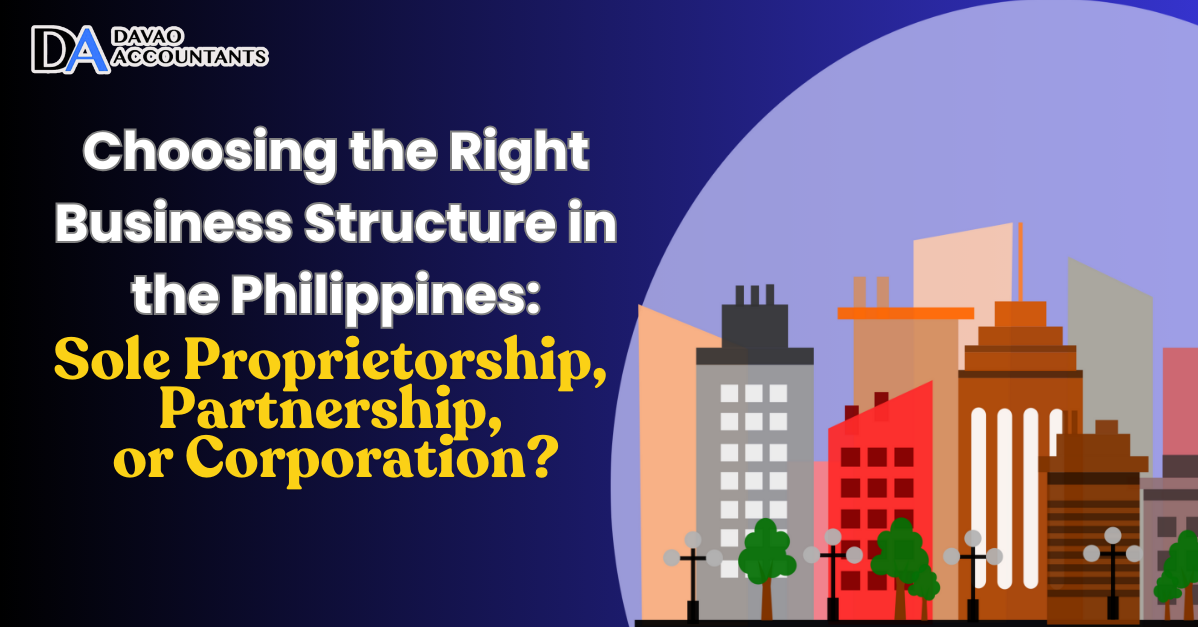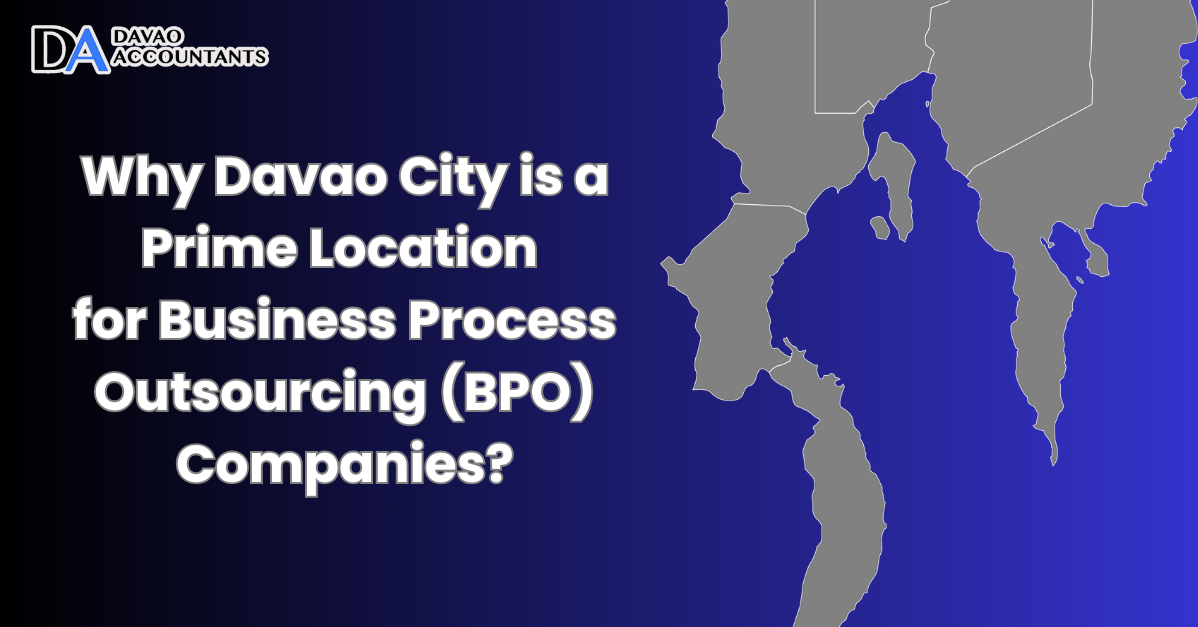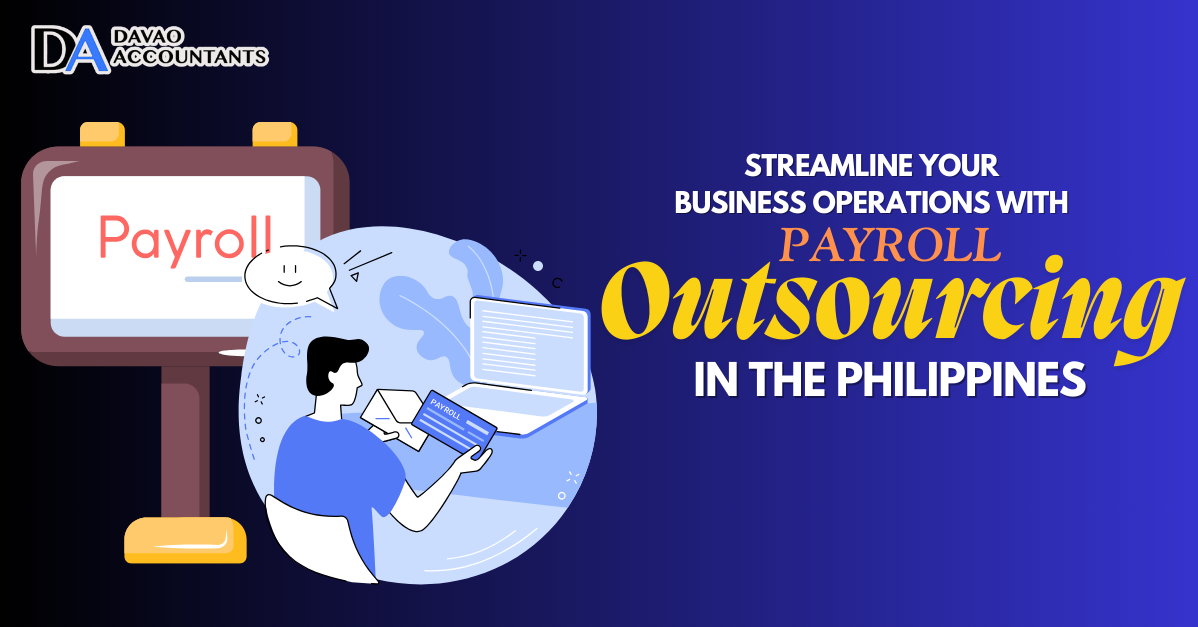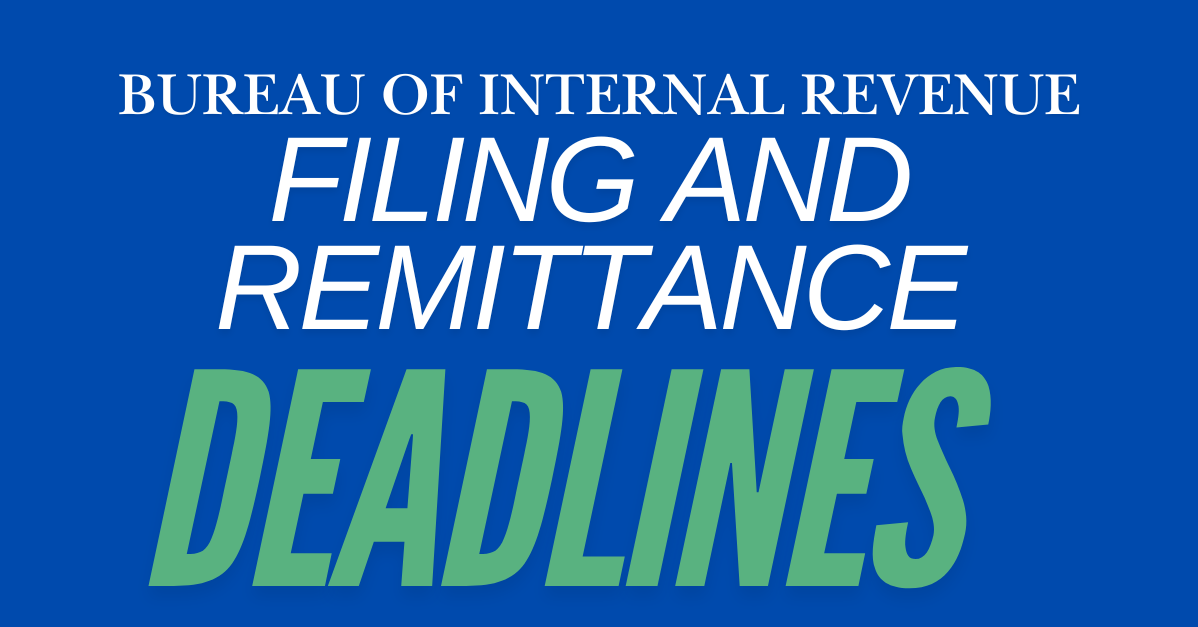Table of Contents
ToggleExpanding your business into international markets is a strategic move that can drive significant growth. However, it comes with a host of challenges, particularly in managing compliance, payroll, and HR functions across different countries.
This is where an Employer of Record (EOR) comes in—a powerful tool that allows businesses to scale globally without the administrative burden and legal complexities of establishing a legal entity in each new market.
What is an Employer of Record (EOR)?
An Employer of Record (EOR) is a service provider that acts as the legal employer for your workforce in a foreign country. While your company maintains control over the day-to-day management and operations of your employees, the EOR takes on the responsibility of employment-related tasks. These tasks include payroll management, tax compliance, benefits administration, and ensuring adherence to local labor laws.
By leveraging an EOR, businesses can hire and manage employees in new markets quickly and efficiently without having to navigate the complex and time-consuming process of setting up a subsidiary or branch office.
You Might Also Be Interested: Advantages of Employer of Record (EOR) Services in the Philippines
Why Use an EOR?
1. Simplified Global Expansion
Expanding into new markets can be daunting, particularly when it comes to understanding and complying with local regulations. An EOR simplifies this process by handling all employment-related compliance on your behalf. This enables your business to enter new markets faster, without the need for a deep dive into each country’s labor laws and tax codes.
2. Compliance Assurance
Labor laws, tax regulations, and employment standards vary widely from one country to another, and they can change frequently. Keeping up with these changes can be overwhelming, especially for businesses operating in multiple countries. An EOR stays up-to-date with all local laws and regulations, ensuring your business remains compliant and reducing the risk of legal issues, fines, and penalties.
3. Administrative Relief
Managing HR functions such as payroll, benefits administration, and tax filings can be time-consuming and resource-intensive. By outsourcing these tasks to an EOR, your internal team can focus on core business activities, such as strategy development, customer acquisition, and product innovation. The EOR handles the administrative details, freeing up your resources to focus on growth.
Key Functions of an EOR
Payroll Management
Payroll is one of the most critical and complex aspects of managing a workforce. An EOR ensures that your employees are paid accurately and on time, regardless of their location. This includes processing payroll, calculating and withholding taxes, and ensuring compliance with local regulations. The EOR also manages year-end tax filings and other payroll-related compliance tasks, reducing the risk of errors and penalties.
Employment Contracts
Employment contracts are legally binding documents that outline the terms and conditions of employment. An EOR drafts and manages these contracts, ensuring they comply with local labor laws and regulations. This includes specifying compensation, benefits, work hours, and other employment conditions. The EOR also handles contract renewals and modifications, ensuring that all legal requirements are met and that your business is protected.
Benefits Administration
Employee benefits are an essential part of the overall compensation package and play a significant role in attracting and retaining talent. An EOR manages the entire benefits administration process, including enrolling employees in health insurance, retirement plans, and other benefits. The EOR ensures that all benefits comply with local laws and that employees receive the coverage they are entitled to. This reduces the administrative burden on your HR team and ensures that your employees are well taken care of.
Human Resources Support
In addition to payroll and benefits administration, an EOR provides comprehensive HR support. This includes recruiting and onboarding new employees, conducting background checks, and resolving employee disputes. The EOR acts as a mediator in conflicts, ensuring that they are resolved in accordance with local laws and regulations. This support is invaluable in maintaining a positive work environment and reducing employee turnover.
Legal and Regulatory Compliance
Compliance with local laws and regulations is critical to avoiding legal issues and maintaining a positive reputation in new markets. An EOR ensures that your business complies with all relevant labor, tax, and employment laws. This includes managing payroll taxes, ensuring proper employee classification, and filing all necessary documents with local authorities. The EOR’s expertise in local compliance reduces the risk of legal challenges and ensures that your business operates smoothly in new markets.
Risk Management
Employment practices such as hiring, firing, and managing employee disputes carry inherent risks. An EOR helps mitigate these risks by providing guidance on best practices and ensuring compliance with local laws. The EOR also manages workers’ compensation insurance, ensuring that your employees are protected in the event of a workplace injury. By partnering with an EOR, you can reduce the risk of costly legal disputes and maintain a positive work environment.
Read More: HR Outsourcing and Support Services in the Philippines
Advantages of Partnering with an EOR
1. Compliance and Risk Management
Navigating the legal landscape of foreign markets can be complex and risky. EORs provide expertise in local laws and regulations, ensuring that your business remains compliant and minimizing the risk of legal issues. This allows you to focus on growing your business without worrying about potential legal pitfalls.
2. Time and Cost Savings
Setting up a legal entity in a foreign country can be expensive and time-consuming. EORs offer a cost-effective alternative, allowing you to enter new markets quickly and efficiently. By outsourcing payroll, benefits administration, and other HR functions to an EOR, you can save time and resources that can be better spent on core business activities.
3. Focus on Core Business Activities
By handling the administrative tasks associated with employment, EORs free up your internal team to focus on core business activities such as product development, customer acquisition, and market expansion. This enables your business to grow and scale more effectively.
4. Scalability
EORs provide the flexibility to scale your workforce up or down as needed without the hassle of hiring or laying off employees. This scalability is particularly valuable for businesses entering new markets where workforce needs may fluctuate.
Challenges and Considerations
While partnering with an EOR offers many advantages, it’s essential to carefully select the right provider for your business needs. Consider the following when choosing an EOR:
• Assessing Company Needs: Determine what specific services you require from an EOR, and ensure that the provider you choose can meet those needs.
• Credibility: Research the EOR’s reputation and track record in the markets where you plan to operate. Look for providers with a strong history of compliance and customer satisfaction.
• Understanding Contract Terms and Fees: Review the contract terms and fees carefully to ensure you understand the services provided and any potential additional costs.
• Managing Communication and Expectations: Establish clear communication channels and set expectations for the partnership. Regular check-ins and updates are essential to ensuring a successful collaboration.
• Integration with Existing Systems: Ensure that the EOR’s systems and processes are compatible with your existing infrastructure. This will help minimize disruptions and ensure a smooth transition.
FAQs
1. How can I benefit from using an EOR?
Using an EOR allows you to expand into new markets without the need to set up legal entities, hire local HR staff, or navigate complex employment laws. EOR services streamline HR processes, reduce administrative burdens, and ensure compliance with local regulations.
2. How do I choose the right EOR provider?
Choosing the right EOR provider requires careful research and evaluation. Consider factors such as experience in your target market, track record of compliance, communication capabilities, and compatibility with your business goals.
3. Can I still have control over my employees if I use an EOR?
Yes, you maintain control over your employees’ day-to-day activities and management. The EOR handles the administrative and legal responsibilities, allowing you to focus on business operations.
4. What types of services do EORs typically offer?
EORs offer a range of services, including payroll management, benefits administration, tax compliance, employee onboarding and offboarding, and legal support for employment-related matters. Many EORs also provide advisory services to help you navigate cultural norms and laws in the target market.
Conclusion
An EOR is more than just a service provider; it is a strategic partner that enables your business to expand internationally with confidence. By handling the complexities of HR, compliance, and payroll, an EOR allows you to focus on what matters most—growing your business. Whether you are entering new markets or seeking to streamline your operations, partnering with an EOR can provide the support and expertise you need to succeed.








